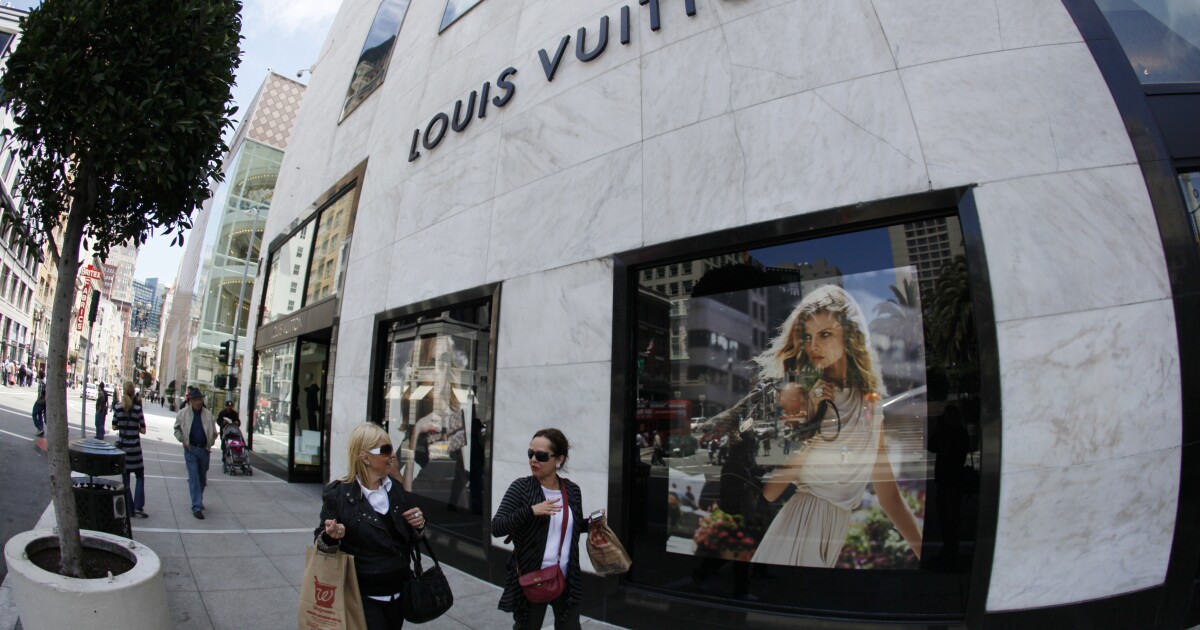It was party central. A place of dancing, drinking, and general good times in an era when the 18th Amendment ruled the land, where booze was banned, and blue-nosed ninnies were rampant. This refuge of supposed libertine excess was the Mississippi River islands cozying up to Burlington’s borders, where scofflaws continued to dance and drink the night away as if Prohibition was not the law of the land and professional party-poopers did not hold sway.
In 1923, Prohibition was the law of the land. The misguided attempt at social engineering was intended to drive “Demon Rum” from the land and turn the nation “dry.” As a result, the friendly neighborhood tavern, the purveyor of good whiskey and fellowship, was now off limits.
The congenial beer garden offering German beer under welcoming shade trees had withered away, and the fraternal organizations offered their ritual toasts in fruit juice only. The spigots of legal alcohol were turned off. Breweries closed or turned to manufacturing “vegetable drinks,” taverns reopened as soda shops and distillers headed for Canada.
The nation — or most of it — was locked down tight. But throughout the land there remained isolated pockets were thirst was especially strong and regard for the law was especially weak. Burlington and its river islands was such a spot.
Initially, most of Burlington seemed to view Prohibition as some sort of adventure. Upstanding citizens who would have normally never considered frequenting a beer ga.


















